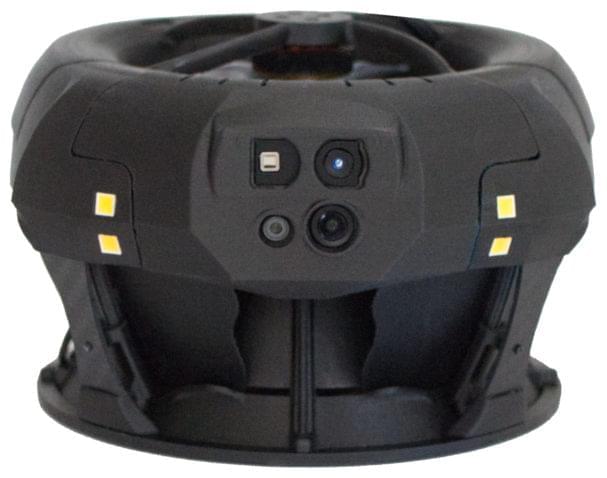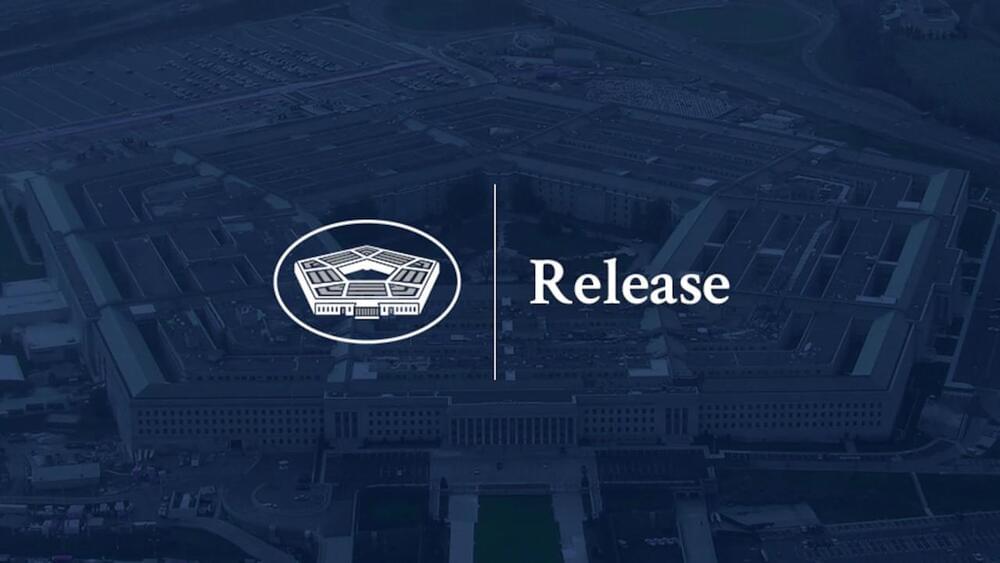Three on-demand sessions of strategy, technical insights, best practices, and real-world examples – to improve cloud security, achieve compliance, respond to threats faster, and increase productivity.



Is expanding its lineup of ARM-based chips for Windows and Chromebook with Snapdragon 8cx Gen 3 and 7c+ Gen 3 platforms. In addition, the company aims to power handheld gaming devices using Snapdragon G3x Gen 1 chipsets.
Snapdragon 8cx Gen 3, which, is the first 5nm PC platform, according to Qualcomm, which designed it with ultra-slim and fanless laptops in mind. It says that moving to a 5nm process node and other optimizations allowed for improved Kryo CPU performance while sustaining similar power consumption levels as Gen 2 chipsets. The company claims the chipsets will deliver up to 85 percent improved performance compared with the previous generation and up to 60 percent better per-watt performance than x86 chips.
Along with 5G and WiFi 6/6E connectivity, the platform is said to offer multi-day battery life, upgraded camera and audio functions and chip-to-cloud security. Systems with 8cx Gen 3 chipsets will be able to take advantage of “29+ TOPS of AI acceleration,” which Qualcomm claims is three times the performance of “the leading competitive platform.” The AI acceleration could speed up tasks like face detection and background blur on calls. In addition, Snapdragon 8cx Gen 3 supports up to 4K HDR camera quality, and as many as four cameras.

For scanning underground structures and caves. Maybe scanning buildings, and doing security stuff, but doors would be a problem. Also too loud, but would be a nice start point for an Ion Drive flight system.
By Jim Magill
Looking like a micro-sized version of the Death Star, the Dronut X1, which Boston-based start-up Cleo Robotics released for commercial use earlier this month, is the first professional-grade bi-rotor ducted-fan drone – a drone without exposed rotor blades – built to conduct inspections in close-quartered and hazardous environments.
Its unique design, featuring hidden propellers and rounded form, means the Dronut is collision-tolerant and can be operated near sensitive equipment, Cleo Robotics’ CEO and co-founder Omar Eleryan said in an interview.


Today, Deputy Secretary of Defense Kathleen Hicks, in close collaboration with the Director of National Intelligence, directed the Under Secretary of Defense for Intelligence & Security to establish within the Office of the USD(I&S) the Airborne Object Identification and Management Synchronization Group (AOIMSG) as the successor to the U.S. Navy’s Unidentified Aerial Phenomena Task Force. The AOIMSG will synchronize efforts across the Department and the broader U.S. government to detect, identify and attribute objects of interests in Special Use Airspace (SUA), and to assess and mitigate any associated threats to safety of flight and national security. To provide oversight of the AOIMSG, the Deputy Secretary also directed the USD(I&S) to lead an Airborne Object Identification and Management Executive Council (AOIMEXEC) to be comprised of DoD and Intelligence Community membership, and to offer a venue for U.S. government interagency representation.
Incursions by any airborne object into our SUA pose safety of flight and operations security concerns, and may pose national security challenges. DOD takes reports of incursions – by any airborne object, identified or unidentified – very seriously, and investigates each one. This decision is the result of planning efforts and collaboration conducted by OUSD(I&S) and other DoD elements at the direction of Deputy Secretary Hicks, to address the challenges associated with assessing UAP occurring on or near DOD training ranges and installations highlighted in the DNI preliminary assessment report submitted to Congress in June 2021. The report also identified the need to make improvements in processes, policies, technologies, and training to improve our ability to understand UAP.
In coming weeks, the Department will issue implementing guidance, which will contain further details on the AOIMSG Director, organizational structure, authorities, and resourcing.

sustained technological superiority, and asset security and repair for current and future operations.
To meet this unique challenge, DARPA announced it is taking an initial step to explore and de-risk manufacturing capabilities that leverage biological processes in resource limited environments with its Biomanufacturing: Survival, Utility, and Reliability beyond Earth (B-SURE) program. https://www.darpa.mil/news-events/2021-11-22

Ruonan Han seeks to push the limits of electronic circuits.
Ruonan Han’s research is driving up the speeds of microelectronic circuits to enable new applications in communications, sensing, and security.
Han, an associate professor who recently earned tenured in MIT
MIT is an acronym for the Massachusetts Institute of Technology. It is a prestigious private research university in Cambridge, Massachusetts that was founded in 1861. It is organized into five Schools: architecture and planning; engineering; humanities, arts, and social sciences; management; and science. MIT’s impact includes many scientific breakthroughs and technological advances.

Palo Alto Networks on Tuesday unveiled a new cloud security offering, its next-generation Cloud Access Security Broker (CASB), which taps machine learning to bolster the protection of software-as-a-service (SaaS) and collaboration apps.
The company’s next-generation CASB platform will use ML and AI to provide capabilities such as the automatic discovery of applications and improved data loss prevention for sensitive data, the company announced.
The next-generation CASB is the latest product from the Santa Clara, California-based cyber firm to get a significant injection of ML-and AI-powered functionality, said Lee Klarich, chief product officer at Palo Alto Networks, in a briefing with reporters.
AI is a classic double-edged sword in much the same way as other major technologies have been since the start of the Industrial Revolution. Burning carbon drives the industrial world but leads to global warming. Nuclear fission provides cheap and abundant electricity though could be used to destroy us. The Internet boosts commerce and provides ready access to nearly infinite amounts of useful information, yet also offers an easy path for misinformation that undermines trust and threatens democracy. AI finds patterns in enormous and complex datasets to solve problems that people cannot, though it often reinforces inherent biases and is being used to build weapons where life and death decisions could be automated. The danger associated with this dichotomy is best described by sociobiologist E.O. Wilson at a Harvard debate, where he said “The real problem of humanity is the following: We have paleolithic emotions; medieval institutions; and God-like technology.”
Full Story:
There is a lot more than the usual amount of handwringing over AI these days. Former Google CEO Eric Schmidt and former US Secretary of State and National Security Advisor Henry Kissinger put out a new book last week warning of AI’s dangers. Fresh AI warnings have also been issued by professors Stuart Russell (UC Berkeley) and Youval Harari (University of Jerusalem). Op-eds from the editorial board at the Guardian and Maureen Dowd at the New York Times have amplified these concerns. Facebook — now rebranded as Meta — has come under growing pressure for its algorithms creating social toxicity, but it is hardly alone. The White House has called for an AI Bill of Rights, and the Financial Times argues this should extend globally. Worries over AI are flying faster than a gale force wind.

Apple has been talking for years about the role it wants to play in human health, led by the Apple Watch and its array of health-related features. With the Apple Watch maturing and Apple increasing its integration of health-focused hardware and software, several pieces of evidence suggest the company is positioning itself for an even bigger expansion in that direction.
According to trends compiled by Linkedin and seen by MacRumors, over the past year, Apple’s open job listings in health-related fields have increased by over 220%, with a significant portion of the increase coming in just the last several months. Apple’s health-focused hiring has been the fastest-growing segment for the company over the past year, followed most closely by sales and IT specialists, such as in cloud computing and security, according to the data.